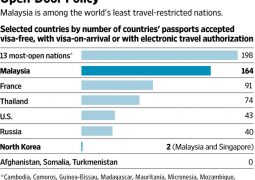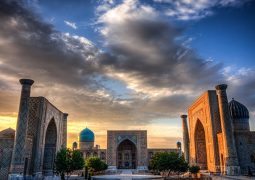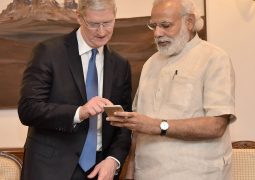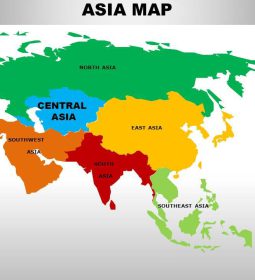Taliban and Temporary Ceasefire Between India and Pakistan
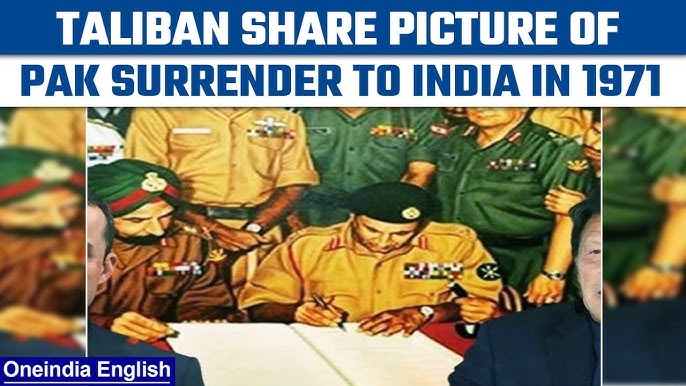
Afghanistan has long been linked to cross-border terrorism. That could prove a major factor if the combatants shift from state armies to proxy militias.
But beyond all these challenges, there is one important aspect of the India-Pakistan tensions that hasn’t received enough attention: the role of jihadist Islamic groups based in Afghanistan. The Taliban, who provide protection and support to many of these groups, could play a serious role in helping one side of the conflict if they choose to.
Terrorist groups operating out of Afghanistan – some of which act like private security companies – might get involved in the India-Pakistan conflict, either as proxies or for money. Afghanistan under Taliban control has thus become a key player in regional politics, even though the Taliban government is not officially recognized by any other country.
The Taliban host and support several terrorist groups, and the danger they pose is a major concern for countries in the region and around the world. India and Pakistan have always accused each other of using terrorist groups – including those based in Afghanistan – as proxies to harm one another’s interests. In fact, it was a terrorist group that set off the May clashes, as India accused Pakistan of providing state backing for the attack in Indian-administered Kashmir that killed 26 civilians.
The Taliban itself is divided into two main factions: the Kandahar branch, which has fostered ties with India, and the Haqqani Network, which has long-standing and deep relations with Pakistan, both officially and among the public, especially in Waziristan. However, the Kandahar faction now has more control, which reduced the Haqqani Network’s ability to align with Pakistan and stop terrorist groups from attacking Pakistan from Afghan soil.
The activity of anti-Pakistan groups in Afghanistan has thus grown since the Taliban took power. As Pakistan frequently points out, the Tehreek-e-Taliban Pakistan (TTP) and Baloch armed groups often use Afghan territory to organize, direct, and sometimes carry out attacks against Pakistan’s security forces and interests. Over the past three years, the TTP and Baloch fighters have kept Pakistan’s military and security forces busy in the west and northwest of the country, forcing the government to use significant resources. Yet Pakistan’s forces have not been able to fully control these threats.
At the same time, India has always talked about the violent activities of armed groups like Jaish-e-Mohammed (JeM) and Lashkar-e-Taiba (LeT), accusing Pakistan of using them as proxies against Indian interests and forces in Indian-controlled Jammu and Kashmir. The April 22 attack in Pahalgam was attributed to an offshoot of the LeT, with India claiming Pakistan provided unspecified backing.
Even though a ceasefire has been announced and the immediate conflict seems to be over, the situation remains very fragile. Politicians in both India and Pakistan, while careful to avoid a full-scale war, don’t seem completely unhappy about the tensions. That’s because a temporary conflict helps both sides show off their strength, extol heroes, and claim victory – with the ruling politicians at the top of those celebrations.
With cross-border terrorism at the center of the conflict, what role might terrorist groups based in Taliban-ruled Afghanistan play for either India or Pakistan? While a clear answer to this question will take time, past experiences show that these groups, especially the Taliban, tend to support whichever side offers them the most benefits.
The Taliban as a whole are desperate to gain regional and international recognition, and they are willing to do almost anything to get it. For example, during a recent visit by a mid-level U.S. delegation, the Taliban removed all religious slogans from the walls of Kabul to show goodwill toward Washington. Right now, they are again looking for what benefits might come from either India or Pakistan.
Notably, during the conflict, a delegation from India visited Kabul and met with members of the Kandahar branch of the Taliban. Although no detailed information on the discussions was shared, the timing of the visit sent a strong political and security message.
If the Taliban decided to support one side, how might that look?
Looking at the current positions of armed groups in Afghanistan, it seems that there are very few groups clearly backing Pakistan. The Haqqani Network is the most important group that aligns with Pakistani policies and wants good relations with the country. It’s been reported that some members of other groups, like the East Turkestan Islamic Movement (a Uyghur militant group), Islamic State Khorasan Province (ISKP) and al-Qaida, also have close ties with the Haqqanis. Some previous ISKP operations are believed to have been coordinated with help from the Haqqani Network, although the December 2024 assassination of Khalil ur-Rehman Haqqani by the ISKP cast doubt on a current alliance between the two.
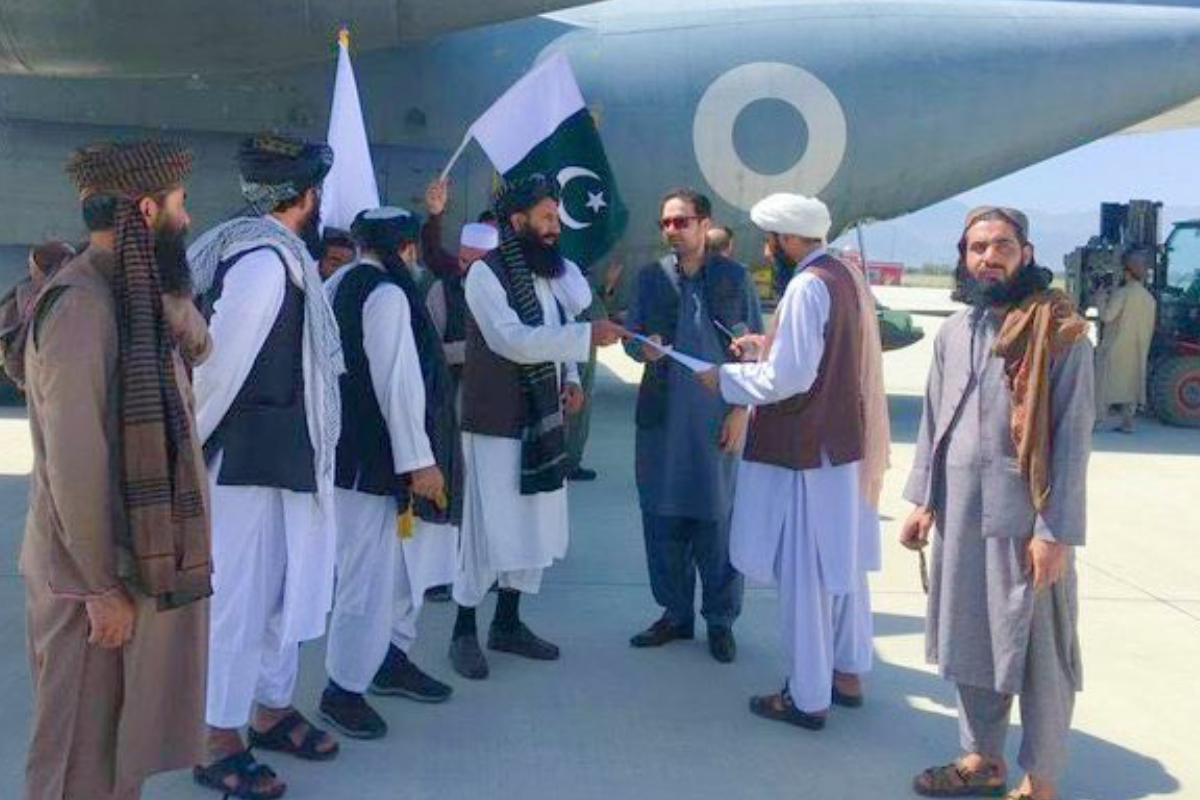
Moreover, India’s attack on a mosque in the city that houses the LeT in Pakistan-administered Kashmir can serve as a powerful trigger for inciting the sentiments of radical Islamic groups. Such groups in Afghanistan, operating under Taliban rule and in the absence of a legitimate government or international oversight, would find it far easier to mobilize and pursue their anti-India agenda.
However, India’s direct presence and interests in Afghanistan are limited, and since the two countries do not share a border, it is hard for these groups to directly threaten India from Afghan soil. The only exception would be if these groups join forces with JeM, LeT, and Kashmiri jihadists.
Al-Qaida in the Indian Subcontinent (AQIS) issued a statement one day after the conflict began, condemning India’s attacks on Pakistan and showing support for Pakistan. Although al-Qaida was once the most powerful Islamist terrorist group, today it seems to lack the ability to carry out major attacks unless it is reorganized again to act as a proxy force.
With Afghanistan and Pakistan sharing a long border, it’s easier for Afghanistan-based armed groups to conduct attacks in Pakistan – with or without India’s direct support. The Kandahar branch of the Taliban is the main driver behind mobilizing terrorist groups aligned with India to act against Pakistan. The open and uncontrolled borders between Afghanistan and Pakistan provide an ideal opportunity for these groups to carry out attacks.
The TTP and Baloch fighters, with their long history of fighting Pakistani forces, have often been accused of receiving support from India. In the recent conflict, these groups also took actions aligned against Pakistan. On the first day of the conflict, Pakistan’s military announced that it had targeted and eliminated a large group of “Khwarij” – a phrase the government uses for the Pakistani Taliban – near the Afghan border who were trying to enter Pakistan to carry out attacks. Later, several other operations by TTP-aligned militants in Khyber Pakhtunkhwa province were stopped or crushed by Pakistan’s security forces.
Even with the ceasefire between India and Pakistan’s official armies, there is still a strong chance that both sides – and especially India – may use terrorist groups based in Afghanistan, possibly with help from the Taliban, to create more security challenges for Pakistan, both inside the country and across the Afghan border.
With no legal and legitimate government in Afghanistan, it’s very easy for regional and global powers to misuse Afghan land and even its people. This dangerous situation may keep Afghanistan a battleground for proxy war between India and Pakistan.
While the fragile ceasefire between India and Pakistan may appear to be a sign of reduced tensions between these two rival South Asian powers, it’s no guarantee of regional stability. The root causes of India-Pakistan have not been addressed – and will continue to provide fertile ground for attacks by non-state armed groups, especially those operating on Afghan soil.
Therefore, even with an official ceasefire between India and Pakistan, the possibility of continued and even intensified proxy warfare, especially through jihadist groups based in Afghanistan, remains entirely plausible. The Taliban, with their history of engagement with such groups, could play a central and active role in facilitating or strengthening this trend.
Current evidence suggests that the Taliban, particularly the Kandahar faction, may act in favor of India. This faction, while trying to consolidate its internal power, might also cautiously seek closer ties with India as a way to counter the influence of Pakistan-aligned militant groups.
- Previous Saudi investments prod US to lift sactions on Sharaa + request of Saudi Crown Prince Mohammed bin Salman.
- Next Will $200 bn – 160 plane orders from Qatar during Trump visit save Boeing!?




